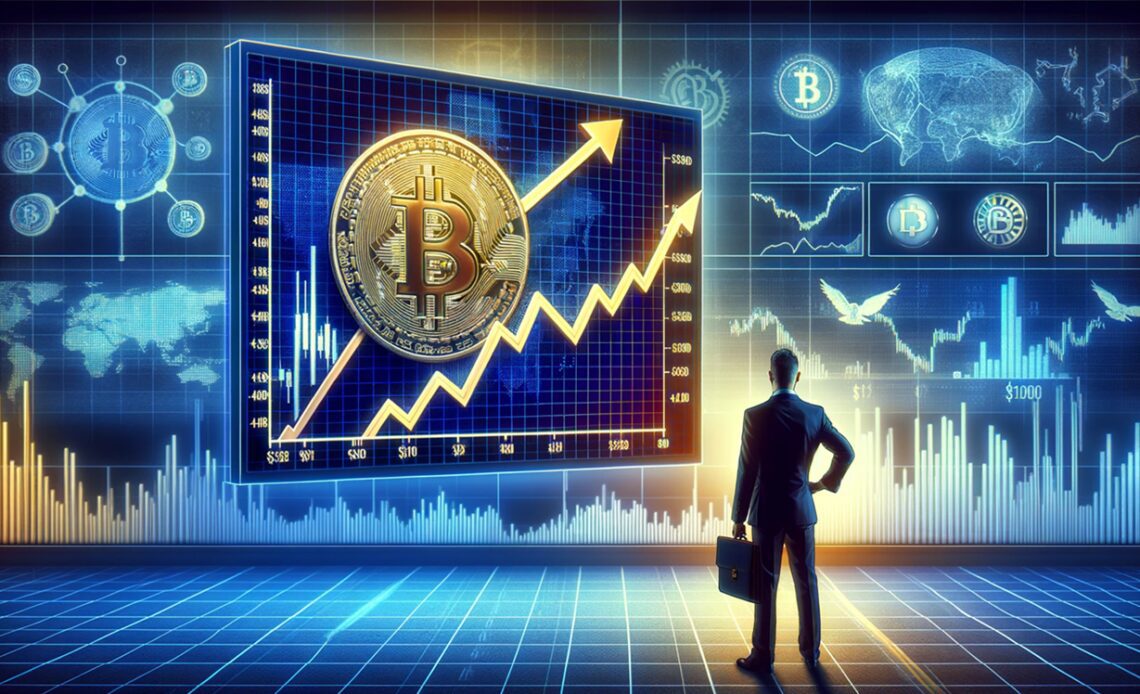Renowned macroeconomist Henrik Zeberg has set the financial world abuzz with a stark prognosis on X (formerly Twitter), forecasting a dramatic surge in the Bitcoin price to a peak of $115,000 to $150,000. However, this meteoric rise is predicted to find an abrupt end, caused by a devastating macroeconomic downturn, one that Zeberg anticipates will be the most severe since the 1929 crash.
Why A Recession Will Hit The US In 2024/2025
At the core of Zeberg’s argument are seven reasons. Zeberg asserts, “Our Business Cycle has flashed a recession signal in 2023. Leading Indicators have crashed under our Equilibrium Line. In 80 years of data, the recession Signal from our Model has NEVER been wrong. No false signals – ever!” This model, with its unwavering accuracy over eight decades, forms the bedrock of his grim forecast.
Zeberg also delves into the significance of yield inversion, a well-documented precursor to economic downturns. Despite the signal’s dismissal by analysts in 2023 due to impatience, Zeberg emphasizes its historical reliability, noting, “From the bottom of the Yield Inversion, we normally see 12-15 months before a recession sets in. This signal is very much alive!” His remarks underscore a widespread underestimation of this critical indicator.
The economist further examines the trajectory of US industrial production, drawing alarming parallels to the period just before the 2007-08 financial crisis. He observes a similar pattern of divergence and warns of a strong impending drop in industrial production, signaling the onset of a recession.
Zeberg’s analysis extends to the housing market, where he highlights the plummeting NAHB index as a significant warning sign. “The bigger the decline in NAHB – the larger the rise in Unemployment,” he states, pointing to the direct relationship between housing market distress and the broader economy. This situation is exacerbated by rising interest rates, which lead to reduced consumer spending and, consequently, an economic downturn.
Moreover, personal interest payments are another cornerstone of Zeberg’s argument. He notes the historical pattern where increases in market rates burden consumers with higher mortgage and debt payments, ultimately leading to recessions. “Every rise in rates over the years has caused a recession, as consumers need to pull back on their Consumption,” Zeberg cautions, highlighting the lag inherent in the economic…
Click Here to Read the Full Original Article at NewsBTC…
























